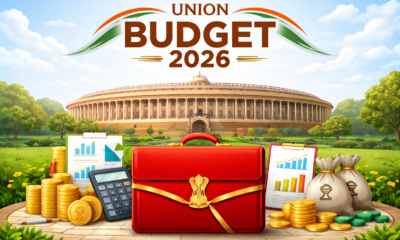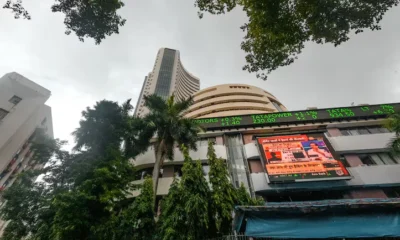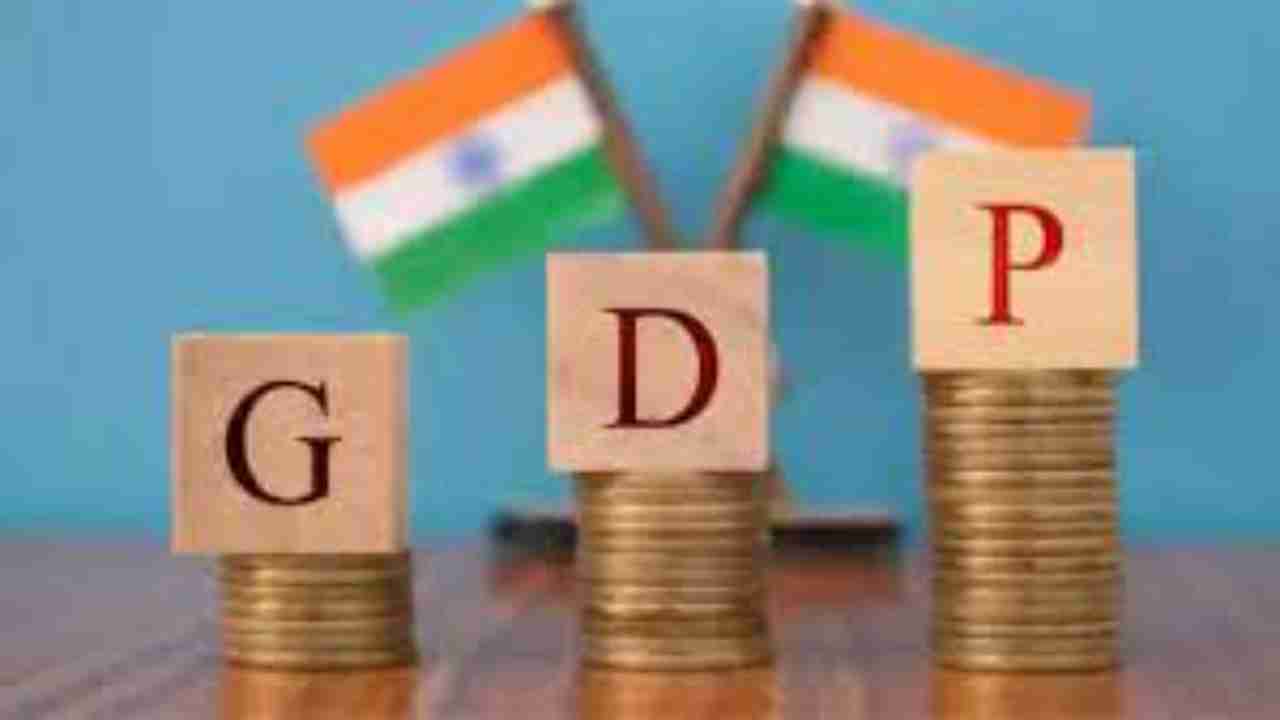With economic slowdown affecting almost 90 per cent of the world, growth in 2019-20 will fall to its lowest rate since the beginning of the decade and this is having a “more pronounced” effect on emerging market economies such as India, said the new International Monetary Fund (IMF) Managing Director, Kristalina Georgieva, on Tuesday, Oct 8.
Georgieva took over leadership at the IMF from Christine Lagarde as MD on Oct 1. Georgieva made this assessment one week ahead of the joint Annual Meeting between the IMF and World Bank (WB) in which both institutions will present their economic projections in a gathering of top central bankers and economy ministers.
The fund is due to release details in its updated World Economic Outlook on October 15.
“Two years ago, the global economy was in a synchronized upswing. Measured by GDP, nearly 75 per cent of the world was accelerating. The global economy is now in a synchronized slowdown. In 2019, we expect slower growth in nearly 90 per cent of the world,” said Georgieva in her first speech as MD, IMF.
“In the United States and Germany, unemployment is at historic lows. Yet across advanced economies, including in the US, Japan, and especially the Euro area, there is a softening of economic activity,” she said.
“In some of the largest emerging market economies, such as India and Brazil, the slowdown is even more pronounced this year,” she added.
She said the IMF is cutting its forecasts for growth this year and next. Previously, the world economy had been projected to expand by 3.2 per cent in 2019 and 3.5 percent in 2020.
The IMF had cut its projection for India’s economic growth by 0.3 percentage points to 7 per cent for the fiscal year 2019-20 owing to the “weaker-than-expected outlook” for the domestic demand.
Georgieva attributed the slowdown to a range of uncertainties — she called them “fractures” — including trade tensions, Brexit and geopolitical tensions.
Georgieva said that currencies are once again in the spotlight and disputes now extend between multiple countries and into other critical issues.
“Even if growth picks-up in 2020, the current rifts could lead to changes that last a generation — broken supply chains, siloed trade sectors, a ‘digital Berlin Wall’ that forces countries to choose between technology systems,” she said.
The IMF Managing Director said that global trade growth has come to a “near standstill.”
Amid rising trade war between the countries which is generally fought through tariffs and counter-tariffs, the chief called for nations to work together.
While trade tensions had been talked about as a danger to the economy, “now, we see that they are actually taking a toll,” she said.
She said trade tensions could result in “substantial weakening” of manufacturing and investment activity, and could subsequently affect services and consumption.
“Everyone loses in a trade war. For the global economy, the cumulative effect of trade conflicts could mean a loss of around $700 billion by 2020, or about 0.8 per cent of GDP. As a reference, this is approximately the size of Switzerland’s entire economy,” she said.
Georgieva compared the present scenario to that of two years ago, before the US-China trade war, when countries representing nearly 75 per cent of the world’s output were seeing accelerating growth.
To protect against a sharp global slowdown, Georgieva called on countries with funds available to deploy their “fiscal firepower”. She called for a “coordinated” response to the slowdown. “The world economy is still growing, it is just growing too slowly. To reverse this trend, and meet the aspirations of people, we cannot afford to be complacent. We must act,” she said.
The IMF chief’s statement came even as the Reserve Bank of India (RBI) said that the Indian economy which has largely been subdued in the past few quarters and signs of a slowdown have cropped up, is likely to face several more risks in the near term.
The RBI in its Monetary Policy Report, October 2019, has also said that a combination of domestic and global headwinds has depressed economic activity in the country “especially in terms of aggregate demand”. The near-term outlook of the Indian economy is fraught with several risks, said the report.
It said that private consumption, which is the major support of economic activity, has started to slow down due to several reasons.


 India News18 hours ago
India News18 hours ago
 Latest world news18 hours ago
Latest world news18 hours ago
 Latest world news4 hours ago
Latest world news4 hours ago
 Latest world news4 hours ago
Latest world news4 hours ago
 India News4 hours ago
India News4 hours ago
 Latest world news4 hours ago
Latest world news4 hours ago
 India News3 hours ago
India News3 hours ago













